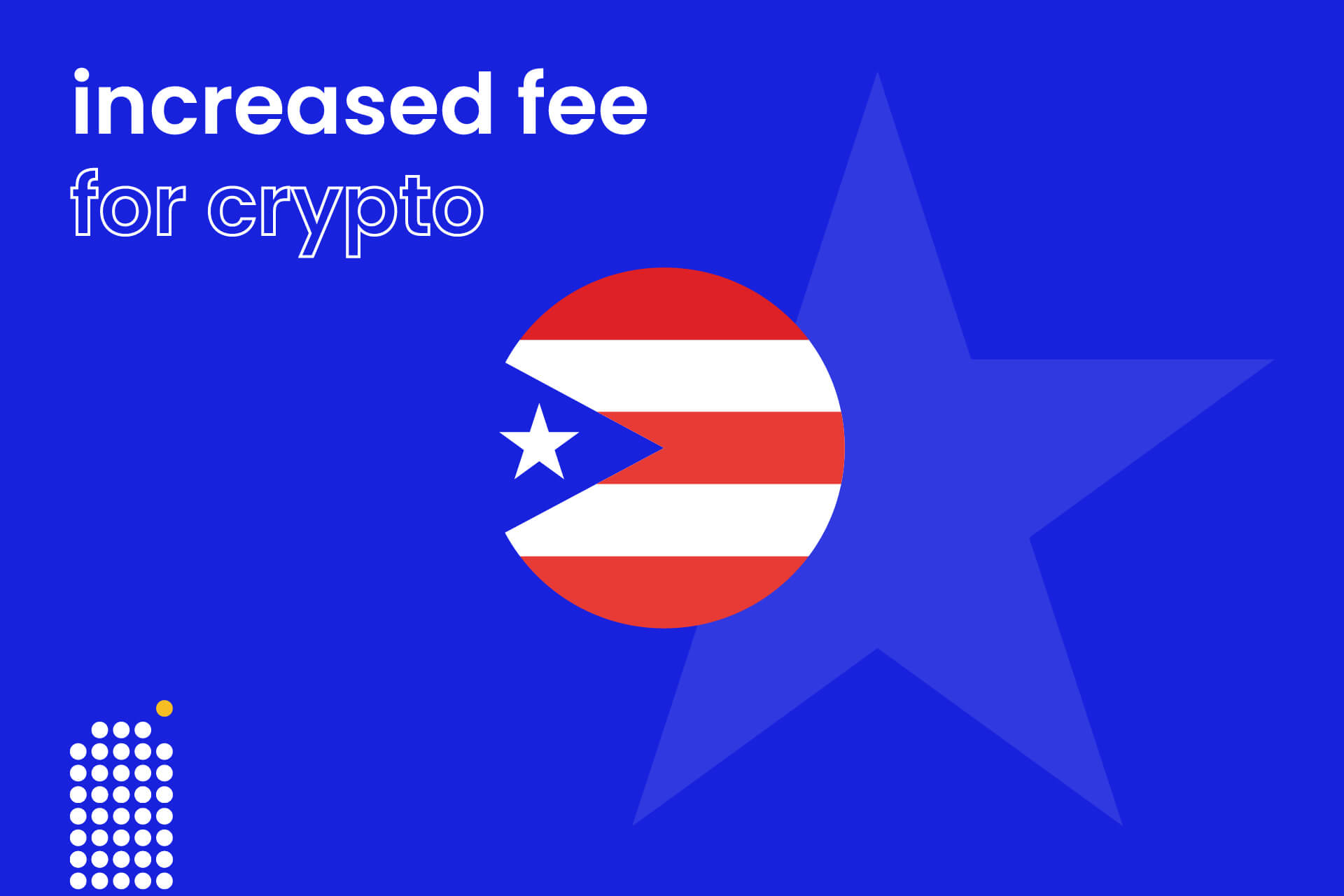
Puerto Rico has long been known as the tax haven for crypto investors. However, the status quo might be shaken after the law updates made last week.
Puerto Rico’s Governor Wanda Vasquez signed a Law 40-2020, that modifies the tax and incentives code applicable in the Caribbean island. The new law will undoubtedly impact the tax incentive fees for cryptocurrency investors planning to reside in Puerto Rico, an unincorporated territory of the United States.
According to the local news portal Elnuevodia, the act imposes a $5.000 annual fee on new Puerto Rico residents for the privilege of tax incentives. The number has increased drastically compared to the previous amount of $300.
Reportedly, the government expects that the updated law, backed by the Fiscal Oversight Board, will benefit the national budget with an additional $11.9 million income. Reportedly, the new rule grants an additional 3% reduction for taxpayers whose gross income does not exceed $100.000.
More expensive tax haven
The latest move means that it is now more expensive to move to Puerto Rico as cryptocurrency investor or entrepreneur. The island is a well-known haven for crypto players looking to save on taxes.
Since Puerto Rico offered a legal solution to save money on a yearly tax bill, the island became a residence for dozens of cryptocurrency and blockchain investors from the United States.
Sponsored
Puerto Rico is still the only territory in the world, where the US citizens are not taxed by the federal government on their worldwide income. This means that while they officially reside in Puerto Rico, their income from crypto trading on global platforms won’t be affected by the Internal Revenue Service (IRS). Meanwhile, the US citizens living anywhere else abroad are taxed on their worldwide income.
According to Puerto Rican tax consulting firm Geo Tax, those crypto investors who plan to relocate to the island and save on taxes should keep in mind the total amount of costs, that includes $750 filing fee, $5.000 special fund fee, $10,000 yearly donation and the new $5.000 yearly tax incentives fee.
